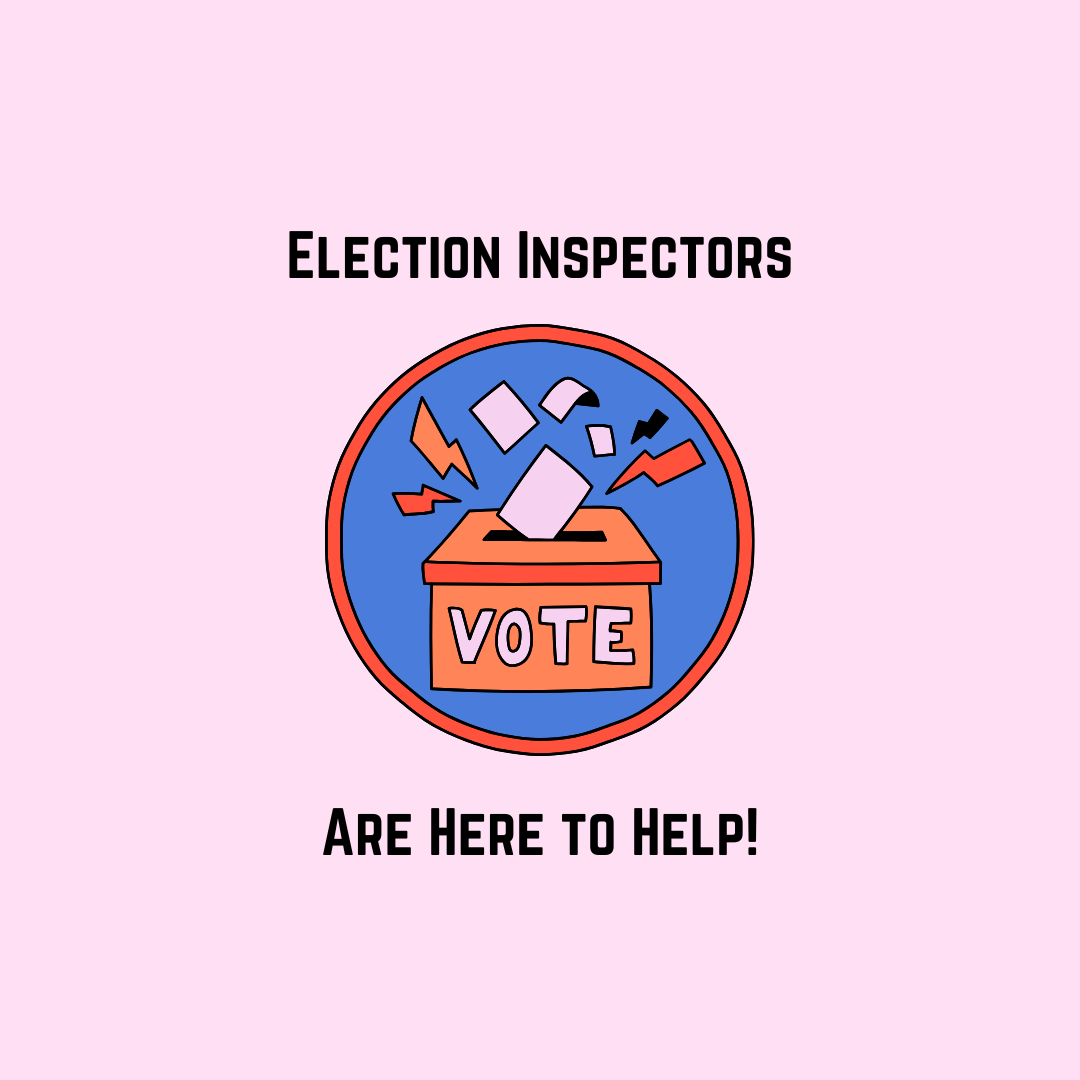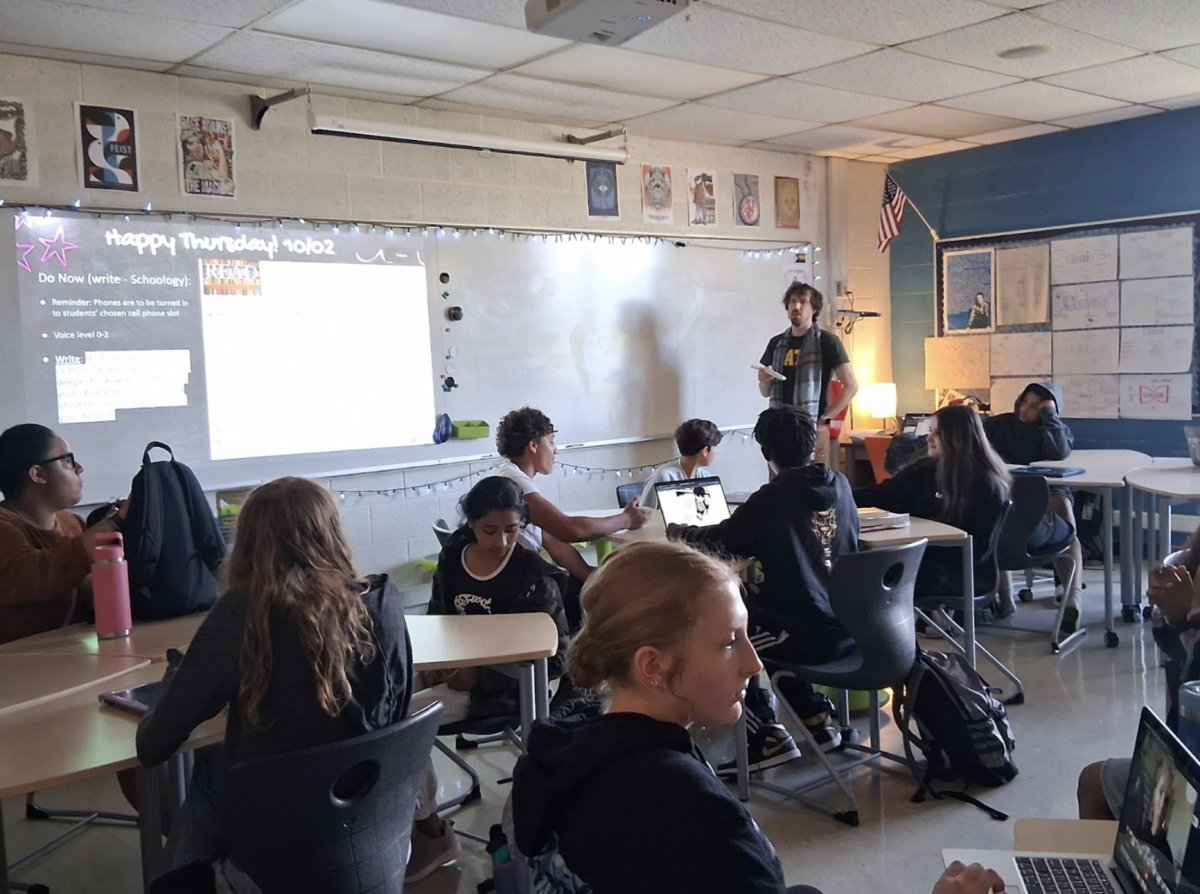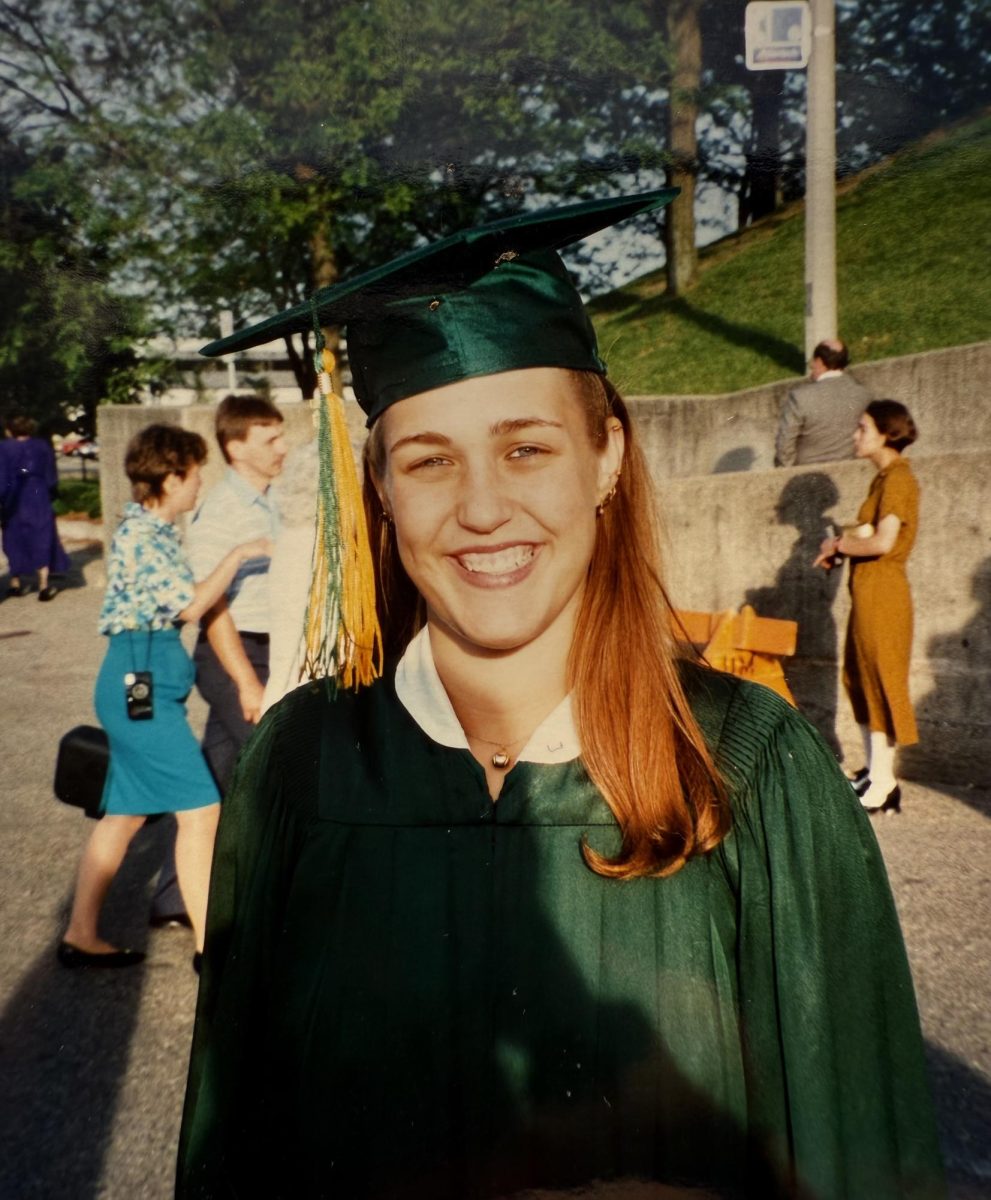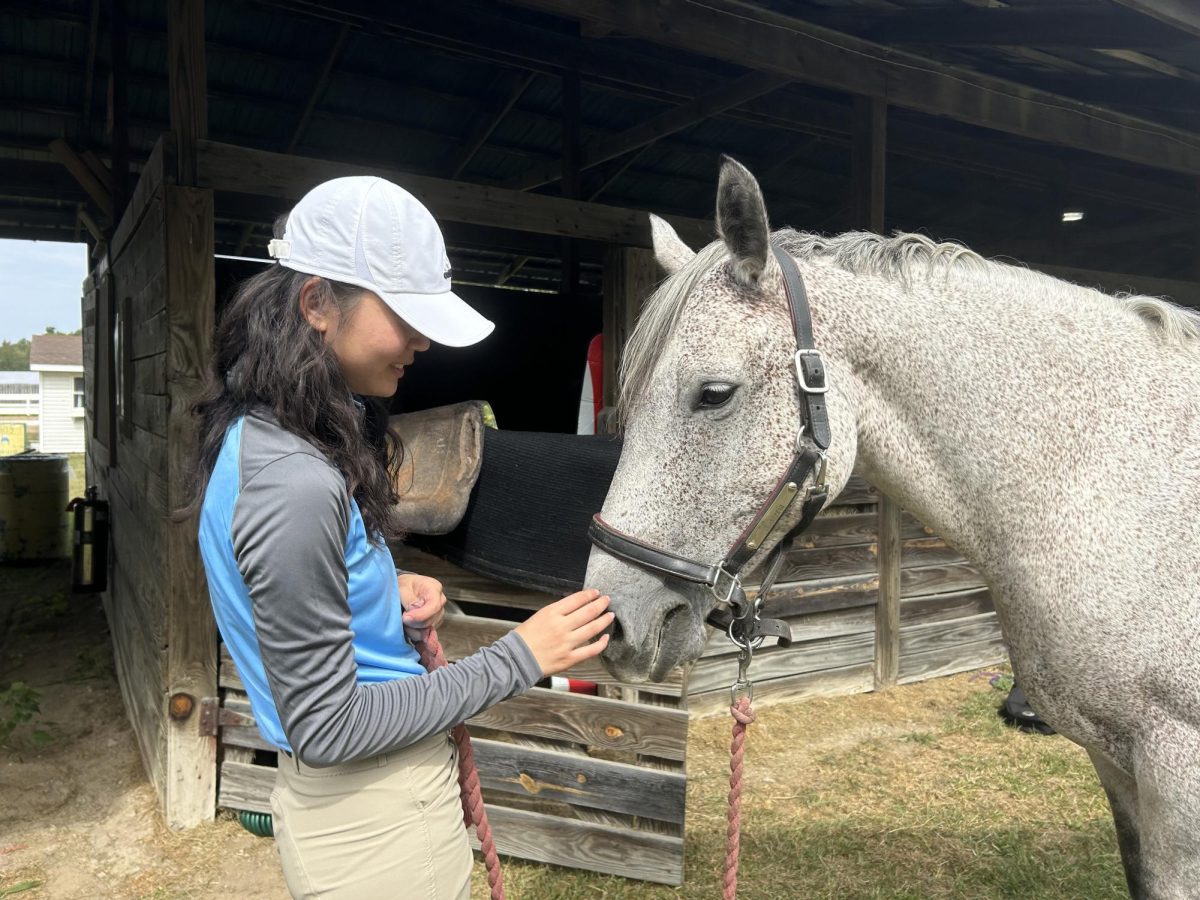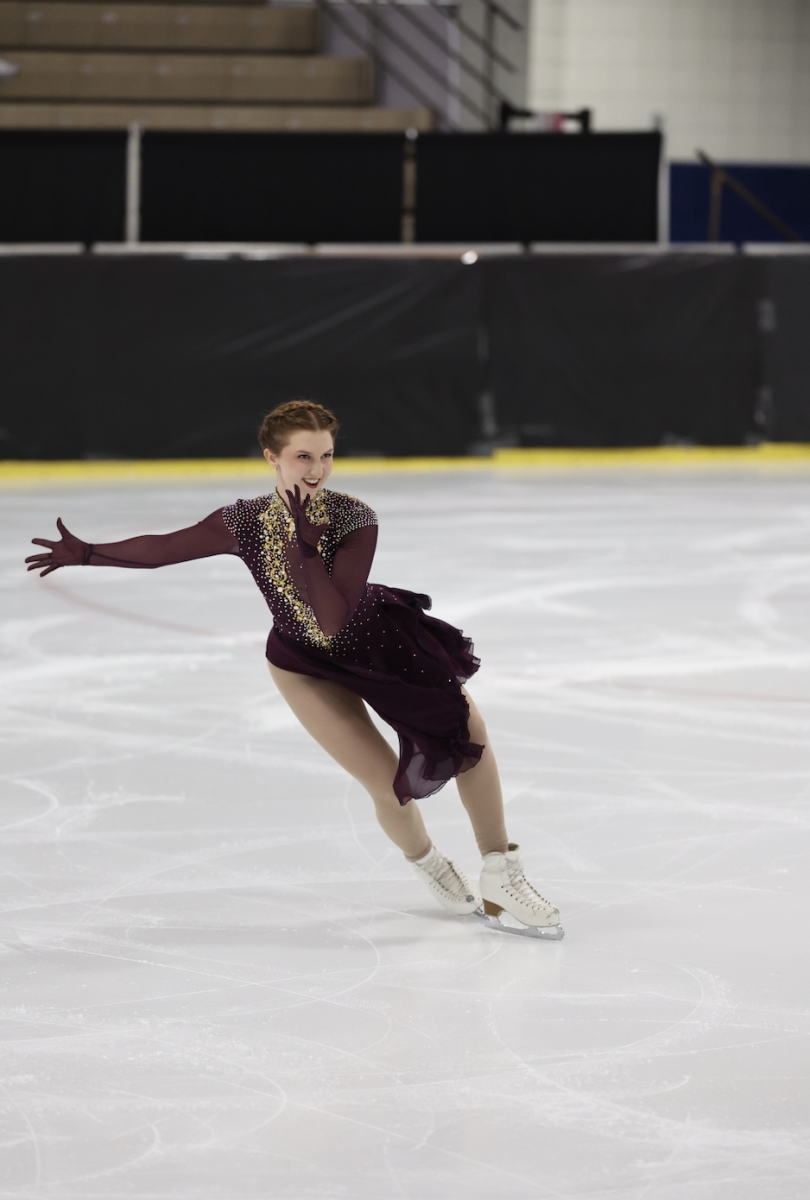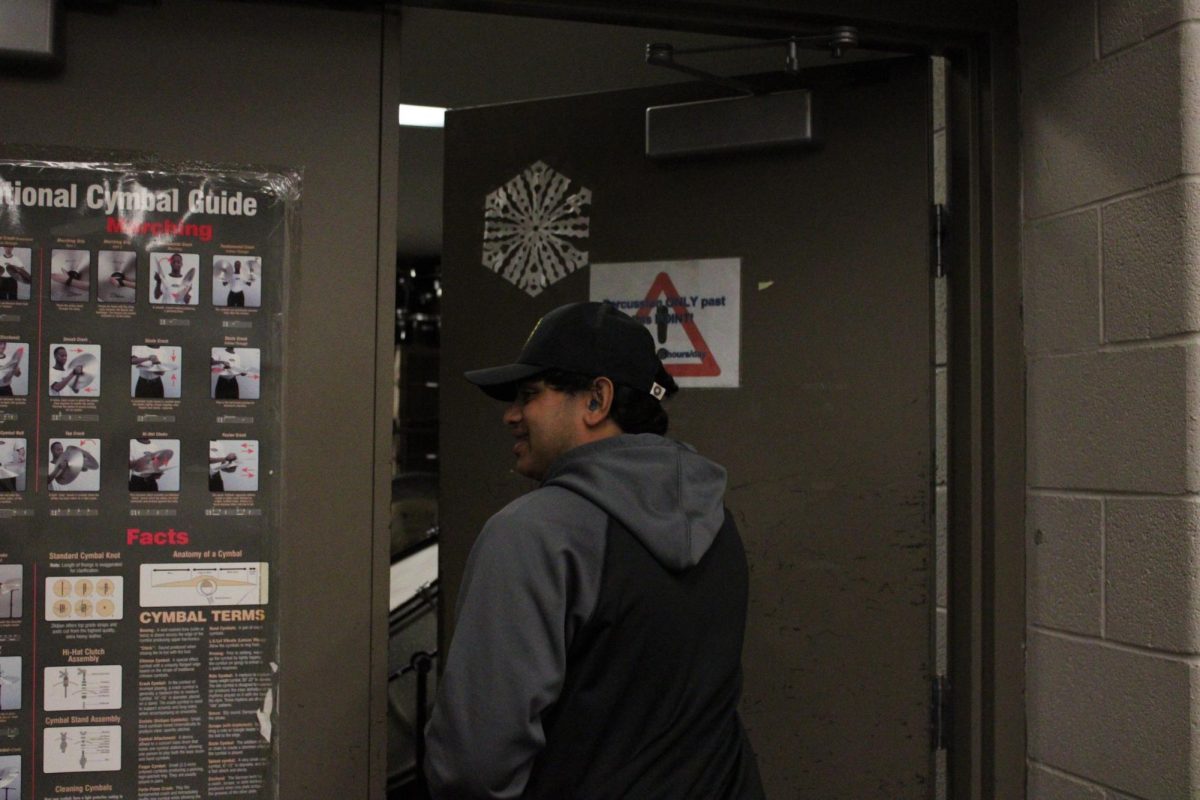For many students, civic engagement is something that may be foreign, with the exception of knowing that it is a day of “placing your ballot” with heated debates of which side will win. However, this year, many students above the age of 16 were able to participate as election inspectors, taking a behind-the-scenes look on how voting stations operate on Election Day. Their experiences not only deepened their knowledge of the electoral process, but also came with appreciation for partaking in what could be the most important part of the year.
For Smrithi Arcot, a junior at Huron, the initial appeal of the election inspector role was simple: “To be honest, I just really wanted those 300+ dollars,” Arcot said. The pay was $18/hr, and it was an enticing amount of money for most students, not just herself. Surprisingly, while the monetary reward was enticing, she became intrigued by the ease of the work saying it was light work and came across no challenges.
On the other hand, junior Reema Gameel was motivated by curiosity and compensation.
“I applied to be an election inspector this year because I was really interested in how the election and voting process worked,” Gameel said.
For her, the chance to observe the inner workings of Election Day was a unique opportunity.
Despite the said light work, election inspectors take on numerous roles throughout the day. For instance, Arcot began the day by collecting voter identification cards and working on the Electronic Poll Book (EPB), perhaps the most important role before issuing ballots. Gameel was tasked with greeting voters upon entrance and helping them fill out an application to vote. As the day progressed, Gameel switched to collecting voters’ applications to vote and guiding them to cast ballots through the tabulator.
Though Arcot faced no problems, Gameel mentioned having encountered one during her first task: managing people who had registration problems.
“My polling location was near the UMich campus, so we had students coming from different states but forgetting to register to vote in Ann Arbor,” Gameel said. “There were also many people who moved from their last address but registered with their old address.”
To solve this, she often had to ask the chairperson, the most experienced person at their polling location, who then called the city hall for how to handle the issue.
Despite the occasional hiccups, both students found the experience enriching. For Arcot, the highlight was working with other inspectors of diverse perspectives who shared valuable life insights. Gameel noted that meeting coworkers was the most rewarding aspect of her day, working with “alumni from AAPS, UMich students, people who have worked past elections, and many more.” The sense of community and shared purpose among the election staff had made the long hours more enjoyable.
Both Arcot and Gameel both highly recommend the experience. They said benefits of learning about the voting process and earning money, while being both educational and enjoyable, was worth the insights, connections, and deeper understanding of civic engagement. And for many other student election inspectors, this was a unique vantage point– and a day to remember.




